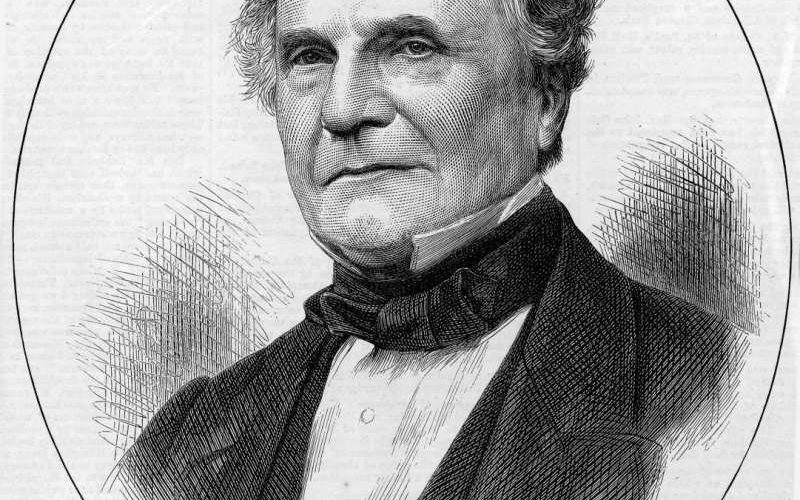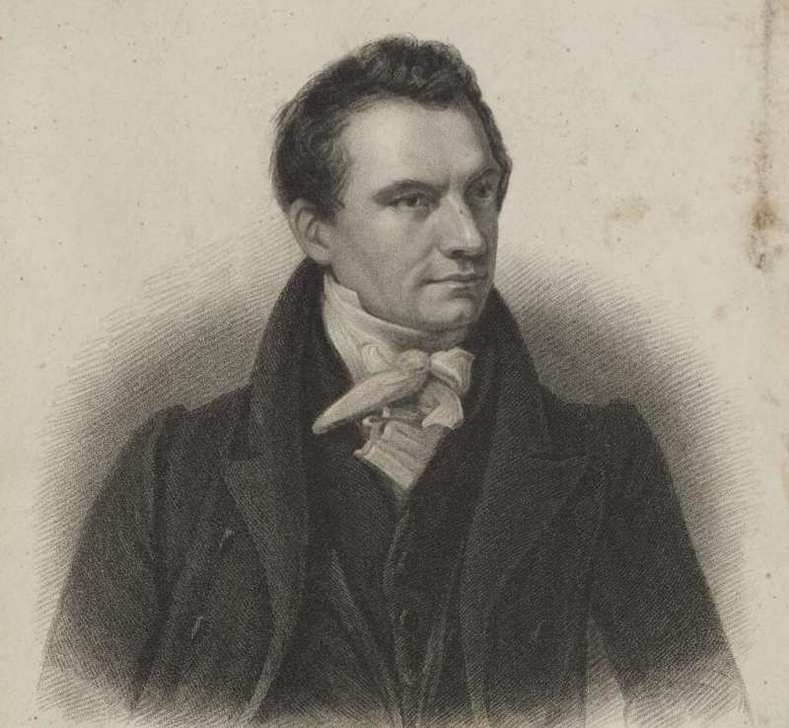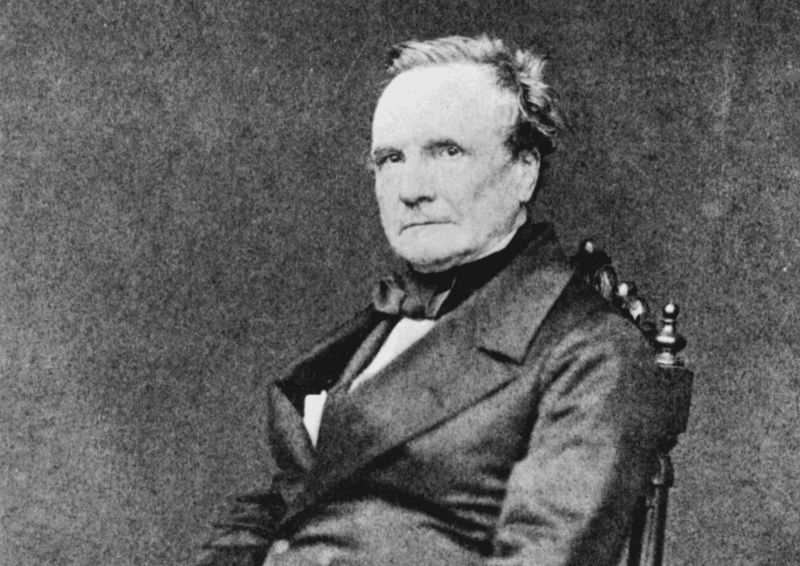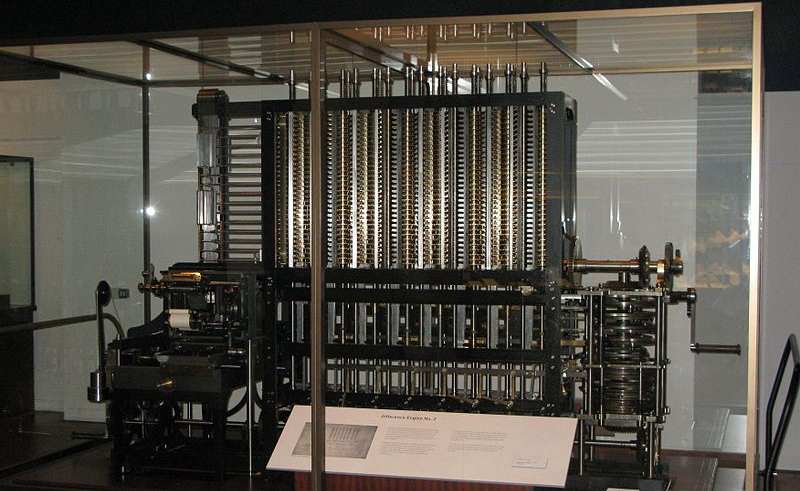The Father of Computer – Charles Babbage. What you need to know.

In this article I want to talk about Charles Babbage, otherwise known as The Father of Computer.
Nowadays, we don’t really think about how amazing the technology of our world really is.
Take a look at your smartphone and think about: Spotify, Youtube, Yahoo news, alarm clocks, notes, weather info – all of it is right there at your fingertips.
Naturally, we take this stuff for granted and don’t really think about how it all came to be.
Well, today I want to change that, and talk about a man whose efforts played a key role in the development of computing technology as we know today.
I’m going to take a look back at the life of Charles Babbage and attempt to illustrate how a man from 200 years ago laid the foundation for the advances that seem normal these days.
The beginnings and early life

Born on the 26th of December in 1791 Charles was the son of Benjamin Baggage a banking partner.
For most of his childhood he lived and went to school in Walworth Road in London, England. However, because of his poor health, Charles was forced to change to private tutoring later on.
After a while, Babbage joined the Holmwood Academy where the young Mathematician was quickly born within him. See, the academy had quite a library, which fascinated Charles and made him want more and more scientific secrets.
After finishing the academy, he was again privately schooled until the age of 17. During this period Charles trained himself in many aspects of mathematics, so much in fact that it was enough for Cambridge to accept him.
However, despite being accepted to one of the most prestigious schools in the world, Charles felt disappointed in the level of mathematics that was being taught here.
While in Cambridge, “The Father of Computer” founded the Society of Analytics with a couple of his friends back in 1812. Being a huge bookworm and an enthusiast of literature, he was also a member of the Ghost Club, a group of scientists that investigated the paranormal.
After Cambridge

Charles’ post-Cambridge career saw him remain amongst the top of academia. He worked as a lecturer in the Royal Institution of Astronomy and was a member of the Royal Society.
During the period of 1816 to 1820 “The Father of Computer” also tried applying for the position of professor to various universities and colleges, however, he was unsuccessful. That is until 1824, where more of his scientific work gained appreciation amongst the top minds of the time.
After inheriting his father’s property, Charles became quite wealthy in his own right. This wealth allowed him to pursue his scientific interest more thoroughly and in-depth.
The “Difference Engine” and recognition as “The Father of Computer”

“The Difference Engine” was completed based on the model developed by Charles Babbage.
The later period of Charles Babbage’s life saw him struggle for quite a while. The technology he worked with was very primitive and the lack of funds greatly hampered the pursuit of his scientific goals.
Despite this, Charles persisted and created many theories on what would later become common knowledge in the world of computing. His greatest contribution to the world of science is perhaps the “Difference engine” , a machine that could be considered to be the very first calculator.
It should be noted, however, that the man never really saw the fruits of his labor come to be. “The Father of Computer” worked on many prototypes of this kind, but the lack of interest from the government and the primitive materials of the time were issues that didn’t allow him to finish the machine that he truly envisioned.
Even though Charles Babbage was unsuccessful in efforts, his theories and literary works spawned a huge following of supporters and inspired many scientists to continue working on such a machine. When it was finally invented, his contributions were not forgotten and Charles Babbage had been since regarded as “The Father of Computer”.









